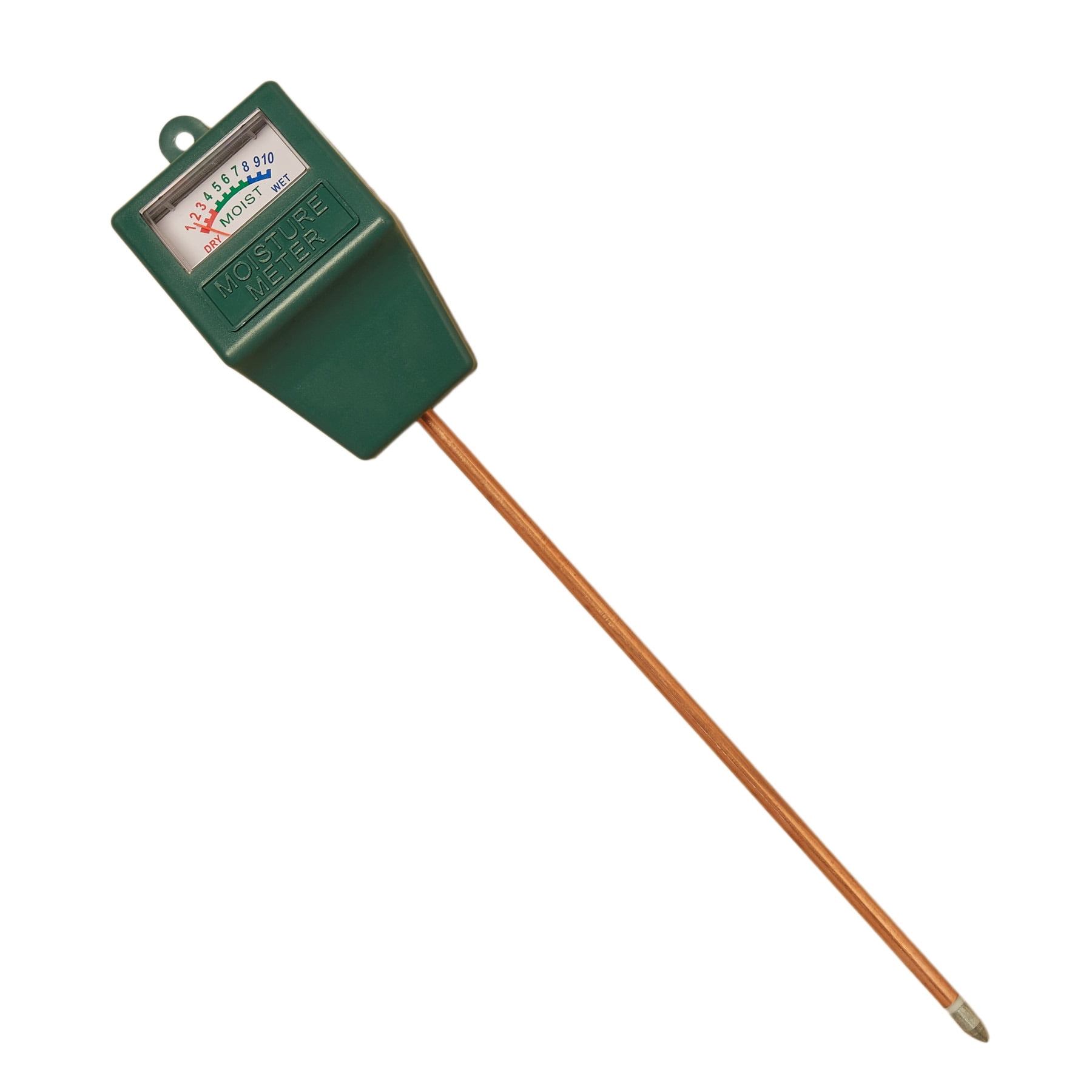Recognizing the Different Types of Moisture Meters and Their Applications
Recognizing the Different Types of Moisture Meters and Their Applications
Blog Article
The Ultimate Guide to Moisture Meters: A Comprehensive Introduction and Exactly How They Can Conserve You Cash
In the world of building upkeep, building, and various markets, the importance of accurately determining wetness degrees can not be overemphasized. Moisture meters work as vital devices in discovering and keeping an eye on moisture web content in materials, aiding in preventing pricey problems and making certain the high quality of products. Understanding the subtleties of different kinds of wetness meters, their applications, and the prospective cost-saving advantages they offer can be a game-changer for businesses and specialists alike. Finding how these gadgets can not just simplify procedures but additionally add to financial savings is a trip worth getting started on.
Types of Moisture Meters
One common kind is the pin-type dampness meter, which determines the electric resistance in between 2 pins inserted into a material. Pinless dampness meters, on the various other hand, use electromagnetic sensor plates to check a bigger area without triggering damages to the product's surface.
In addition, there are also specialized moisture meters made for particular materials like grain, soil, or hay. These meters offer accurate wetness analyses customized to the distinct buildings of the product being examined. Infrared dampness meters measure the thermal residential properties of a material to determine its moisture content non-invasively, making them valuable for applications where pin or pinless meters may not be ideal. Recognizing the different sorts of wetness meters offered can assist industries choose the most suitable device for their particular dampness measurement demands.

Benefits of Making Use Of Moisture Meters

Moreover, utilizing moisture meters can cause increased power efficiency. By identifying areas with high wetness degrees, such as leaks or poor insulation, adjustments can be made to boost power preservation and lower utility expenses. In agricultural settings, moisture meters play a crucial duty in maximizing crop returns by making it possible for farmers to check dirt moisture levels and make educated watering choices. Generally, the benefits of using dampness meters extend across various sectors, providing economical solutions and promoting better quality control methods.
Exactly How to Pick the Right Moisture Meter
Selecting the appropriate dampness meter involves thinking about essential aspects such as product compatibility, dimension range, and calibration precision. When choosing a wetness meter, it's essential to make sure that the meter appropriates for the certain material you will be testing. Various materials have varying electrical residential properties that can impact wetness readings, so choosing a meter made for your material is vital for exact outcomes. Additionally, consider the dimension series of the dampness meter. Guarantee that the meter can spot moisture levels within the range required for your applications. Calibration accuracy is one more critical variable to remember (Moisture Meter). Opt for a wetness meter with More Info reliable calibration to make sure precise and regular readings. Some meters may need regular calibration modifications, so recognizing the calibration process is very important. By thoroughly assessing these elements, you can pick a moisture meter that satisfies your demands and supplies precise wetness dimensions for your projects.
Proper Techniques for Moisture Meter Usage
To make certain exact dampness analyses and maximize the performance of a wetness meter, employing proper strategies is vital. When utilizing a pin-type wetness meter, place the pins or probes right into the material being checked until they make full contact. By complying with these proper techniques, individuals can count on their dampness meter to provide credible wetness link levels, aiding in avoiding pricey damages or making sure top quality in various applications.

Price Financial Savings Through Moisture Meter Applications
Exactly how can the critical use of moisture meters lead to considerable expense savings throughout different industries? In the agriculture market, moisture meters aid in determining the ideal time for harvesting crops, protecting against excess or over-drying dampness that can impact the last product's top quality.

Furthermore, in the food processing industry, dampness meters are vital for monitoring item quality and making sure compliance with security policies. By accurately determining moisture material in food items, suppliers can avoid spoilage, preserve quality, and lower waste, find out this here causing considerable price savings. In general, the critical application of wetness meters is a valuable investment that can result in significant expense decreases and improved effectiveness throughout different sectors.
Final Thought
In conclusion, wetness meters are beneficial tools for measuring and discovering dampness levels in different products. By utilizing the best wetness meter and adhering to appropriate strategies, users can effectively avoid costly problems triggered by excess wetness.
Dampness meters serve as essential devices in finding and keeping track of moisture material in products, aiding in avoiding costly problems and making certain the top quality of items. Infrared dampness meters measure the thermal residential or commercial properties of a material to establish its wetness material non-invasively, making them beneficial for applications where pin or pinless meters might not be suitable.Wetness meters use invaluable benefits in precisely evaluating and checking dampness levels in diverse products and atmospheres. In agricultural settings, dampness meters play an important role in enhancing plant returns by allowing farmers to keep an eye on dirt moisture levels and make informed watering choices.In final thought, moisture meters are beneficial devices for measuring and identifying dampness levels in various materials.
Report this page